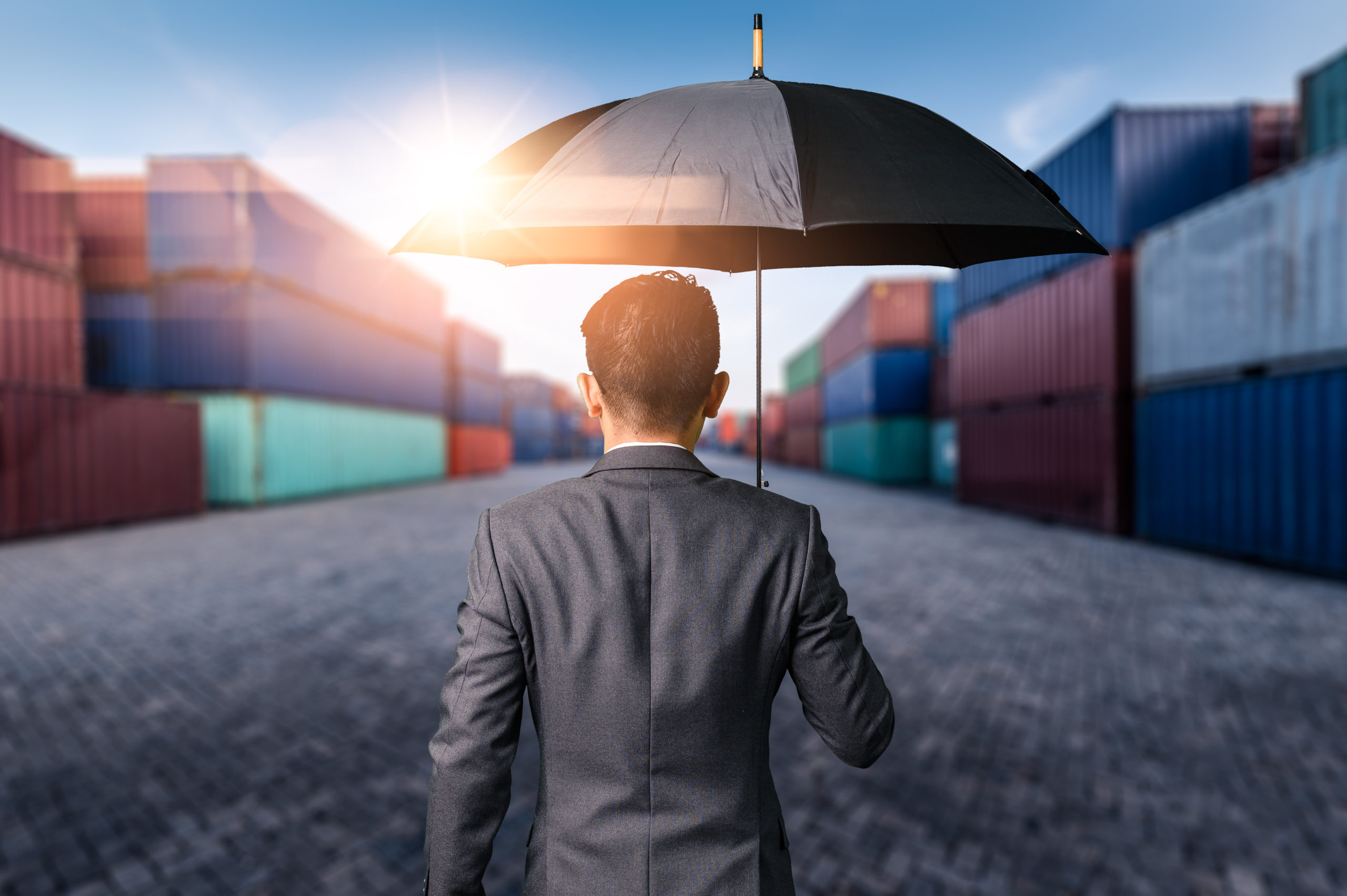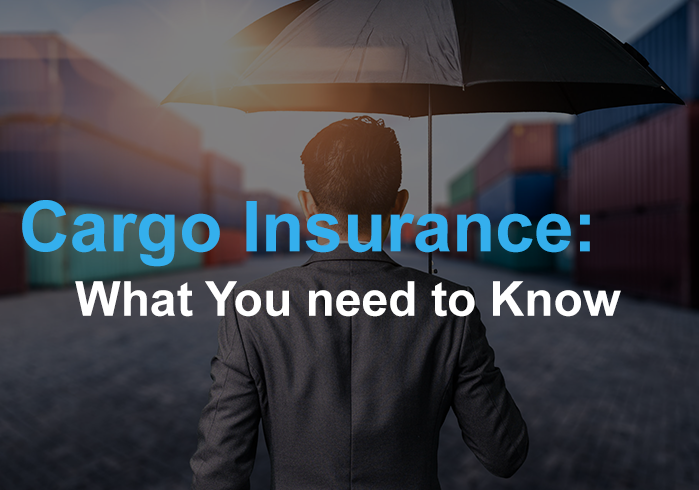
The rough and often unpredictable conditions of the sea mean that cargo insurance is critical in the shipping industry. Most freight forwarders will use this service and may require it as a precondition when packing and securing cargo. In case something goes wrong, the insurance policy can help mitigate losses.
Having cargo insurance does not mean that you can neglect standard operating procedures such as good stacking and appropriate weight distribution. Some policies will specifically exclude those losses that arise out of the negligence of the client. The provision of cargo insurance emanates from the realization that many individuals and companies were suffering unsustainable losses that disrupted the supply chain.
The proper packing of your cargo is one aspect of shipping that you can control. However, other aspects of shipping such as the weather are really beyond your control. Moreover, the people that you are working with may not pack shipments properly even if you handed them over intact.
Cargo insurance covers many of these eventualities which are most likely outside your immediate control. A recent incident showed that even big shipping companies such as Maersk Honam are not immune to certain risks such as a fire breaking out and destroying the cargo.
Ocean freight is a risky business and insurance gives you peace of mind as your cargo travels.
The industry has set up a minimum standard under which all shipping lines are required to have insurance for the cargo that they transport. The level of coverage is largely determined by the fee you are willing to invest to mitigate even greater losses. The coverage offered by most shipping lines is too limited to meet every need.
Types of Cargo Insurance
This article explores the different types of cargo insurance available, not their advantages and disadvantages depending on your circumstances. Insurance products on the market are truly diverse and you need a clear strategy for selecting the one that will work best for your shipments. We outline the most common types for your consideration.
Land
Land cargo insurance risks and events that occur on land. At this point, the cargo is likely to be transported by a truck or utility vehicle as part of the logistical delivery chain. Such coverage is typically domestic, meaning that it does not exceed the borders of the country within which the policy is taken. Some of the risks that could be insured in this way include collision, damage, and theft.
Marine
In contrast, marine cargo insurance is meant for shipments at sea as well as in the air. This leg of the transportation chain is typically transnational so the policy crosses borders in its coverage. Some of the risks that are typically covered include piracy, inclement weather, and damage through either loading or unloading.
This type of coverage can either be permanent or renewable, depending on the needs of the purchaser. Renewable policies are particularly relevant to infrequent shippers that may require one-off coverage. Such an approach can save considerable costs. Those who are frequent shippers can have permanent policies that cover all their shipments regardless of size and frequency of shipment.
Types of Coverage
Various types of cargo insurance coverage have emerged over the years to address specific niche requirements. For instance, some policies cover eventualities that happen on the road, in the air, on water, and even by rail. Shippers must fully understand the extent of their coverage so that they are not left vulnerable. As a starting point, read all the terms and conditions carefully.
All Risk
Some policies are deemed “All Risk” in terms of their coverage. This is an extremely broad coverage that includes many factors, most being external. Generally, this will cover damages and physical losses. However, there will be a list of general or approved goods. These are typically less susceptible to such losses.
Although this is an all-risk policy, it excludes those losses resulting from negligence. For example, shippers that knowingly and with foresight ship time-sensitive loads to ports that are congested. Other exclusions include:
- Inherent vice is not covered because it involves a deterioration in the cargo due to its nature, as opposed to external factors. A case in point is how beer or wine quality is affected by temperature and location changes.
- Customs rejection for any reason is not covered by the policy
- Cargo abandonment is not covered under this policy
- WSRCC exclusions cover war, strikes, riots, and any civil commotion
- Loss of use or market is not covered when there is an incident
- Unpaid for or uncollected goods are not covered
- Externalities such as infestation, pollution, war, and earthquakes are excluded
Named Perils
Named perils policies tend to specify what is covered under the terms and conditions. This type of policy was once referred to as the “Free of Particular Average” coverage. Only the perils that are specified in the policy will be covered, such as:
- Sunk vessels
- Collins between and among vessels
- Derailment
- Inclement weather conditions
- Failure to deliver the shipped item
- Fire hazards
- Natural disasters such as earthquakes
- Losses through theft
General Average
General average is a notion that had evolved from the maritime industry. It has the potential to protect or abandon shippers depending on the condition of the cargo following an incident in transit. Under this principle, expenses or losses must be shared proportionately by parties with interests in the entire shipment.
Regardless of losses made, every single entity with cargo on the ship will contribute to mitigating losses even if it means that they are paying for others’ cargo. The principle of general average coverage is therefore important in shipping and must be included to be covered in the policy. You are still liable to pay for others’ losses unless your policy covers these costs as well.
Current statistical models predict that general average claims tend to occur in cycles of 8 years. Although that is infrequent, it is imperative not to leave yourself vulnerable to a claim because you have not included these costs in your cover. For perspective, the amounts involved can run into hundreds of thousands of dollars.
You will not be allowed to retrieve your cargo that has survived the incident until and after you have paid the general average. Failure to pay up after a certain period means that the carrier must take part or all your cargo to extract the fee. In many cases, the general average exceeds the value of your cargo which means that you may be paying for a shipment that you will never see. However, if this is covered under your policy; the provider will deal with the general average.
Wrapping Up
Cargo insurance is an essential part of modern shipping. This is because it mitigates against losses arising out of incidents outside your immediate control. There is a wide range of policies including all risk, unspecific risk, basic, and other configurations. You need to read the fine print on your policy to ensure that you are getting the right coverage.


